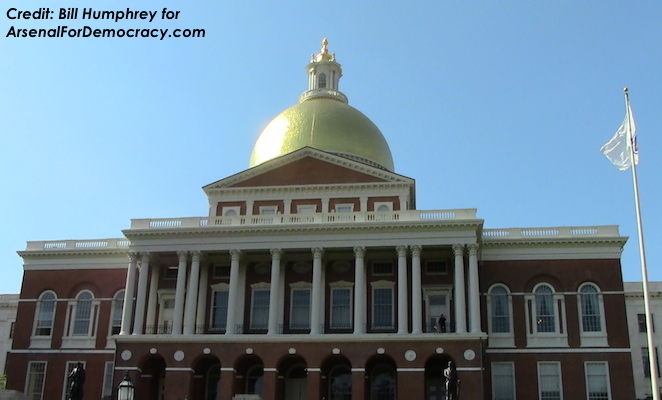Arsenal Bolt: Quick updates on the news stories we’re following.
“In times of war, Pentagon reserves right to treat journalists like spies” – Committee to Protect Journalists:
The Pentagon has produced its first Department of Defense-wide Law of War Manual and the results are not encouraging for journalists who, the documents states, may be treated as “unprivileged belligerents.” But the manual’s justification for categorizing journalists this way is not based on any specific case, law or treaty. Instead, the relevant passages have footnotes referring to either other parts of the document or matters not germane to this legal assertion. And the language used to attempt to justify this categorization is weak at best.
[…]
At 1,180 pages long and with 6,196 footnotes, the manual includes vague and contradictory language about when and how the category of “unprivileged belligerents” might be applied to journalists. It ignores the most relevant cases where the U.S. military detained war correspondents and accused them of being — using the term coined by Pentagon officials in the 2000s — “unlawful combatants,” without producing evidence or bringing even one accused journalist to trial. The manual mentions international human rights treaties and declarations, but ignores the most important one, the Universal Declaration of Human Rights, which deals most clearly with the right to free expression and the press.
[…]
The manual devotes attention to “classes of persons” who “do not fit neatly within the dichotomy” between combatants and civilians, and replaces the term “unlawful combatants,” which U.S. officials used to refer to terrorist suspects held under extra-legal circumstances in the wake of September 11, 2001 attacks, with “unprivileged belligerent.”
“Unprivileged” means the suspect is not entitled to the rights afforded to prisoners of war under international law and can instead be held as a criminal suspect in a category that includes suspected spies, saboteurs, and guerrillas.
Read the full report from the Committee to Protect Journalists.






